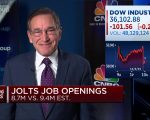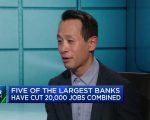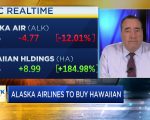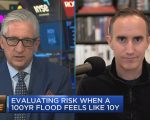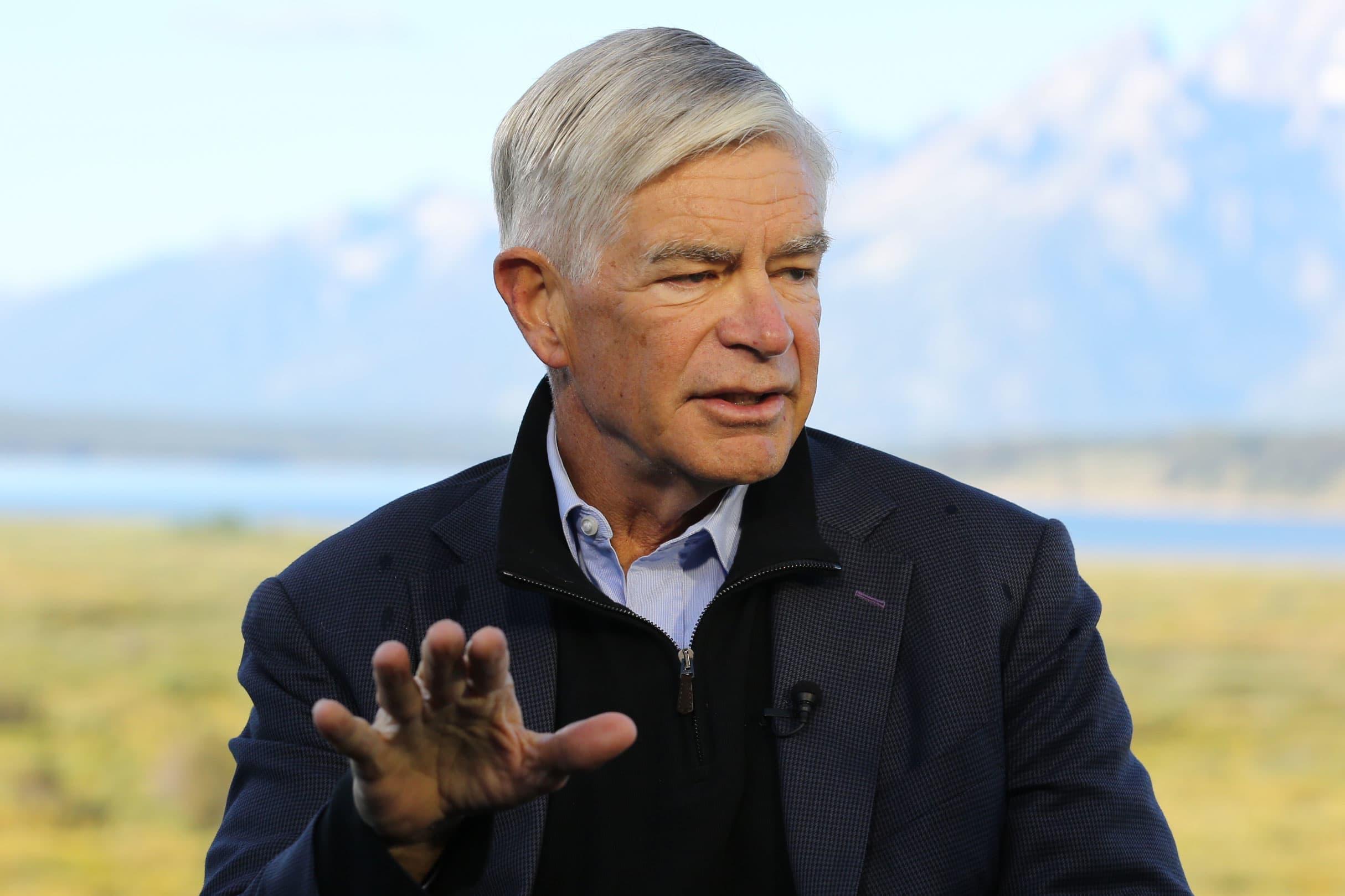
Patrick Harker President Federal Reserve Bank of Philadelphia, August 24, 2023.
David A. Grogan | CNBC
Philadelphia Federal Reserve President Patrick Harker said Friday he thinks the central bank can stop raising interest rates.
“Absent a stark turn in what I see in the data and hear from contacts … I believe that we are at the point where we can hold rates where they are,” Harker said in prepared remarks for the Delaware State Chamber of Commerce. “Look, we did a lot, and we did it very fast.”
As a voting member this year on the rate-setting Federal Open Market Committee, Harker’s words carry extra weight as policymakers contemplate their next step forward. Though his remarks align with what several other officials have said recently, they are perhaps the most explicit endorsement yet of a halt to rate hikes.
The Fed has raised its benchmark borrowing rate 11 times since March 2022, totaling 5.25 percentage points. In September, the FOMC chose to hold rates steady as members differed over where inflation is headed.
In recent days, multiple Fed officials have cited the tightened financial conditions brought on by a surge in Treasury yields as helping the central bank in its quest to slow the economy and bring down inflation.
However, Harker did not rely on the market moves but instead said the Fed simply has made substantial progress in bringing down prices without causing a surge in unemployment or otherwise tanking the economy. He said it can now watch the impact that its rate hikes are having and use incoming data as its guide to where policy needs to go.
“Holding rates steady will let monetary policy do its work. I am sure policy rates are restrictive, and as long they remain so, we will steadily press down on inflation and bring markets into a better balance,” he said. “By doing nothing, we are still doing something. And, actually, we are doing quite a lot.”
Reports this week showed that 12-month rates for inflation are coming down but remain above the Fed’s 2% annual target. Separate readings on producer and consumer prices both were higher than Wall Street economists had expected, raising the specter that the Fed might have to do more.
However, Harker said he won’t be moved by one month of data, noting that the Fed’s preferred measure, the personal consumption expenditures price index, in August showed its smallest monthly increase since 2020.
“We will not tolerate a reacceleration in prices,” he said. “But second, I do not want to overreact to the normal month-to-month variability of prices.”
“We remain data dependent but patient and cautious with the data,” he added.
Harker noted that the Fed remains attuned to a variety of risks, from the banking turmoil earlier this year to rising credit card balances and labor strife. But he said the economy overall has held up, and he thinks unemployment will at most edge higher as more people enter the workforce and labor market imbalances work themselves out.
Still, Harker did not provide any indication that he expects cuts anytime soon.
“I do subscribe to the new moniker, ‘higher for longer.’ I didn’t coin it, but my expectation is that rates will need to stay high for a while,” he said.
However, added that he “would have no hesitancy to support further rate increases” if inflation were to rebound.

